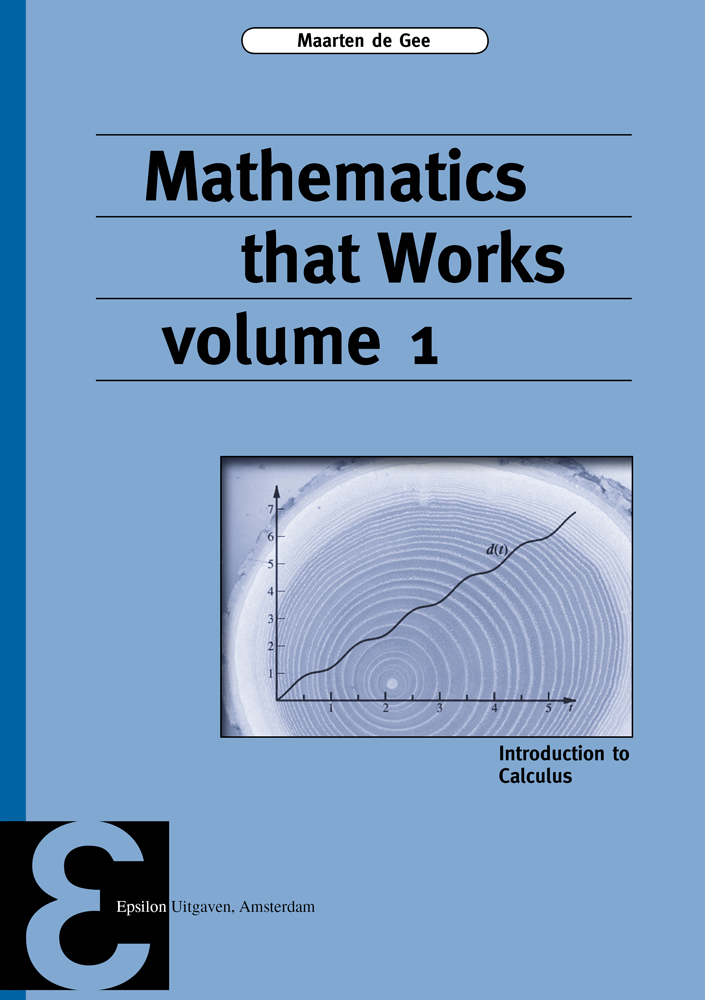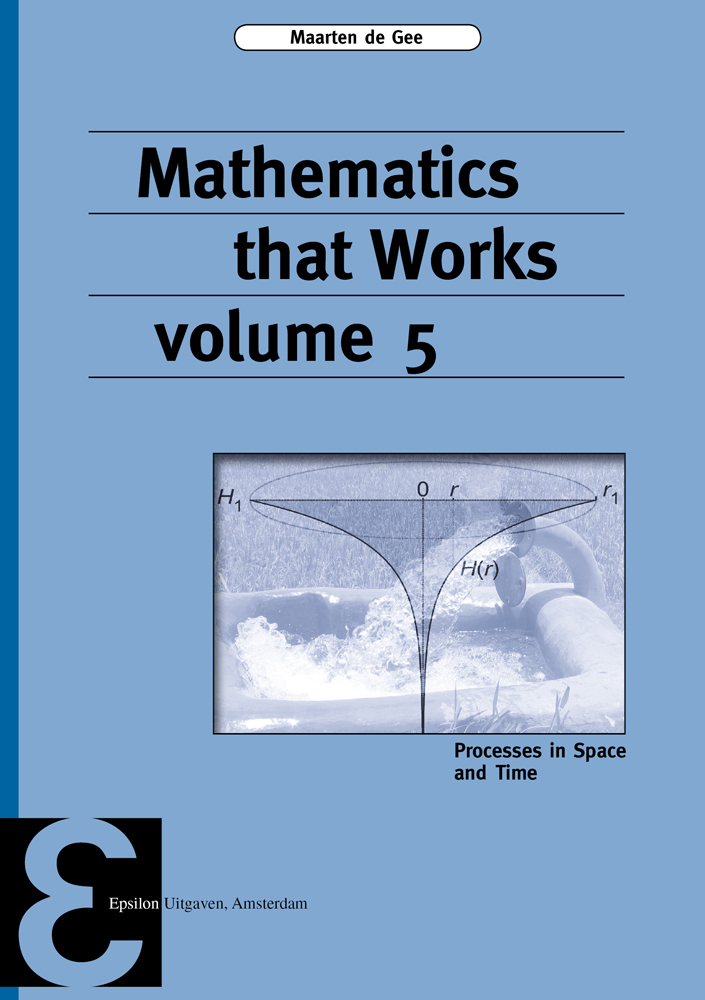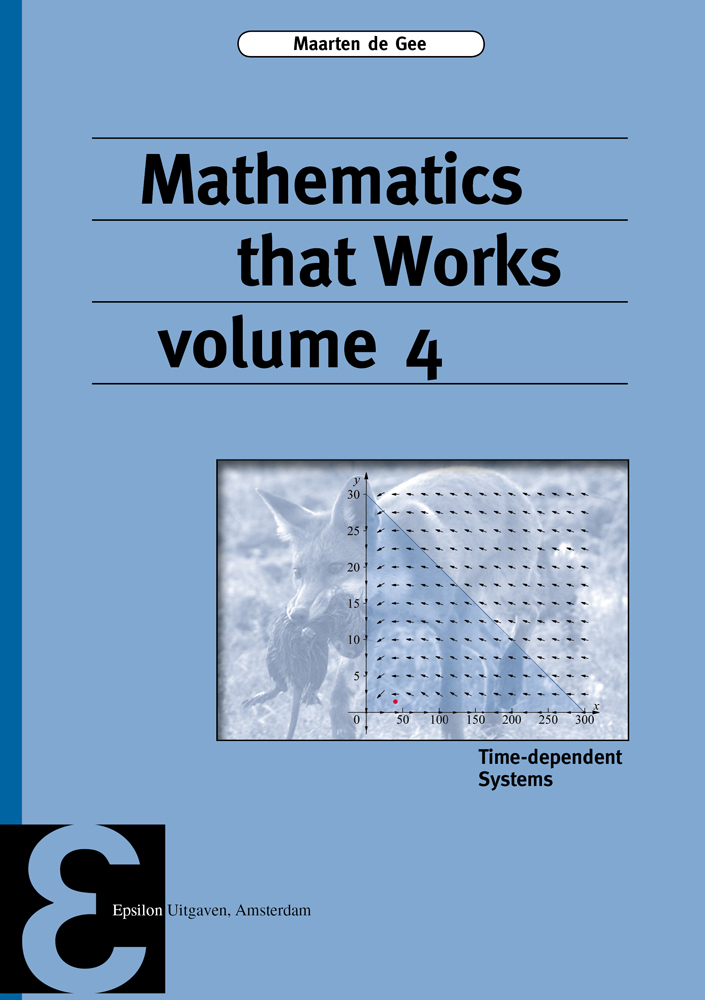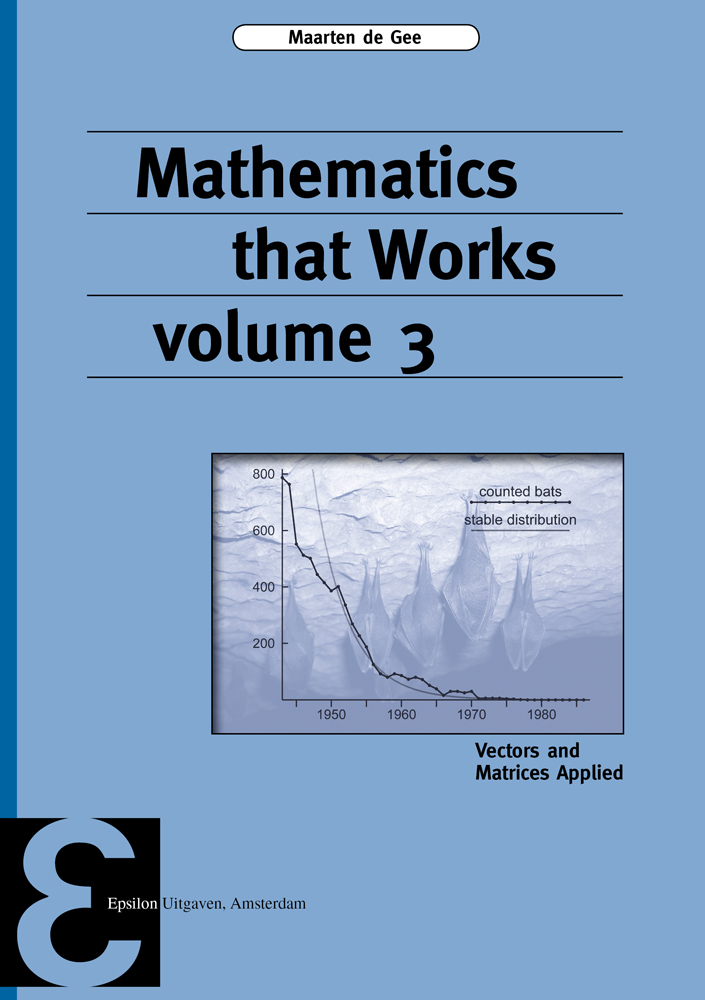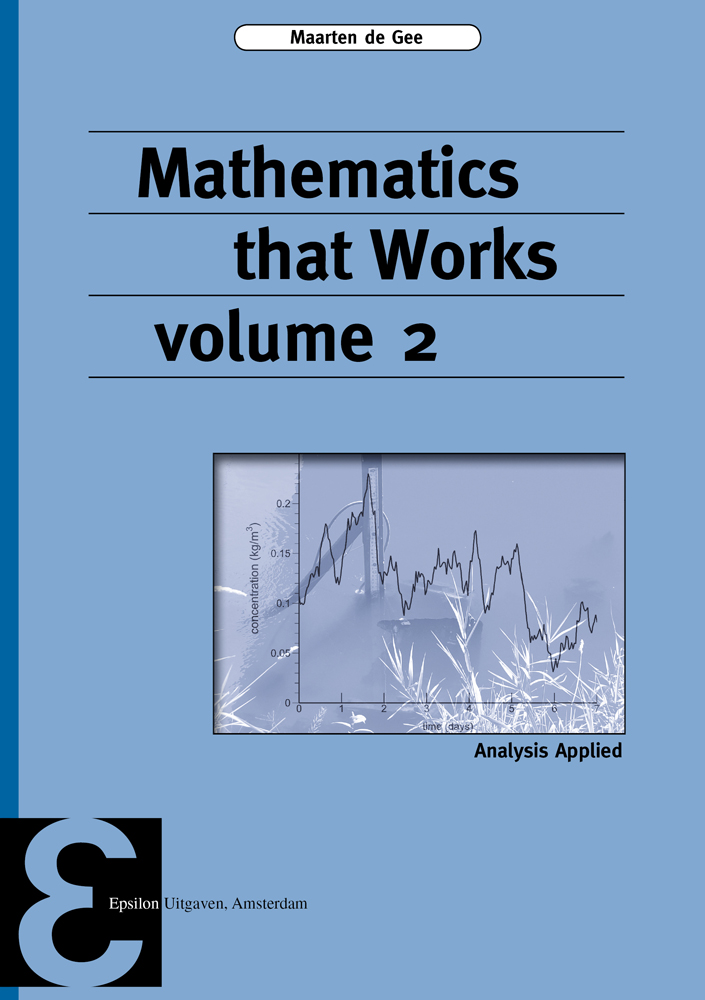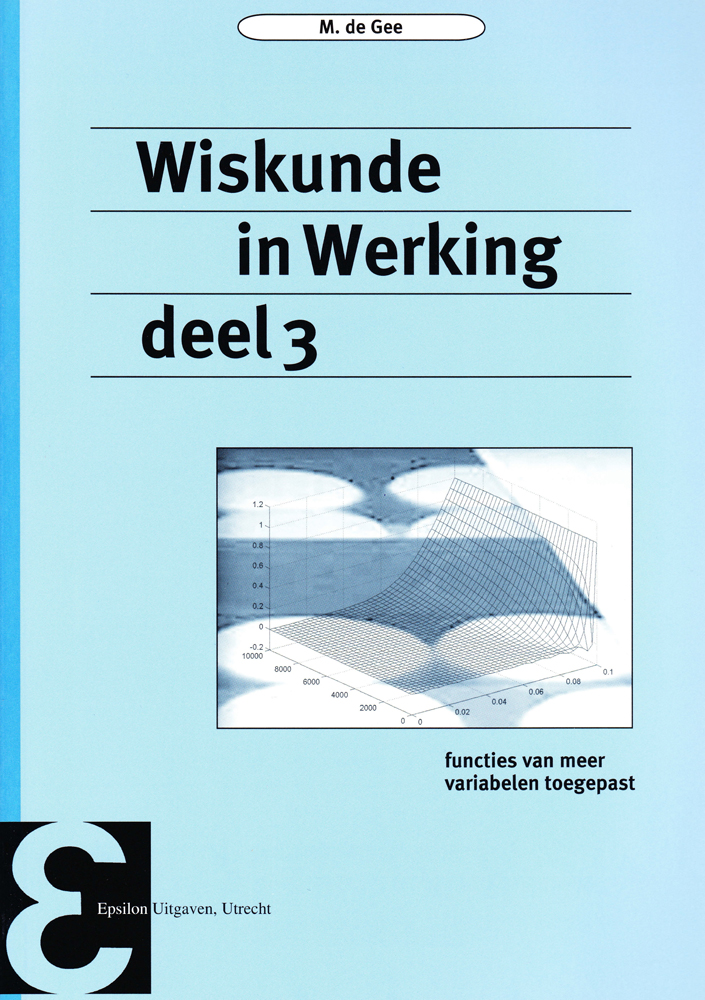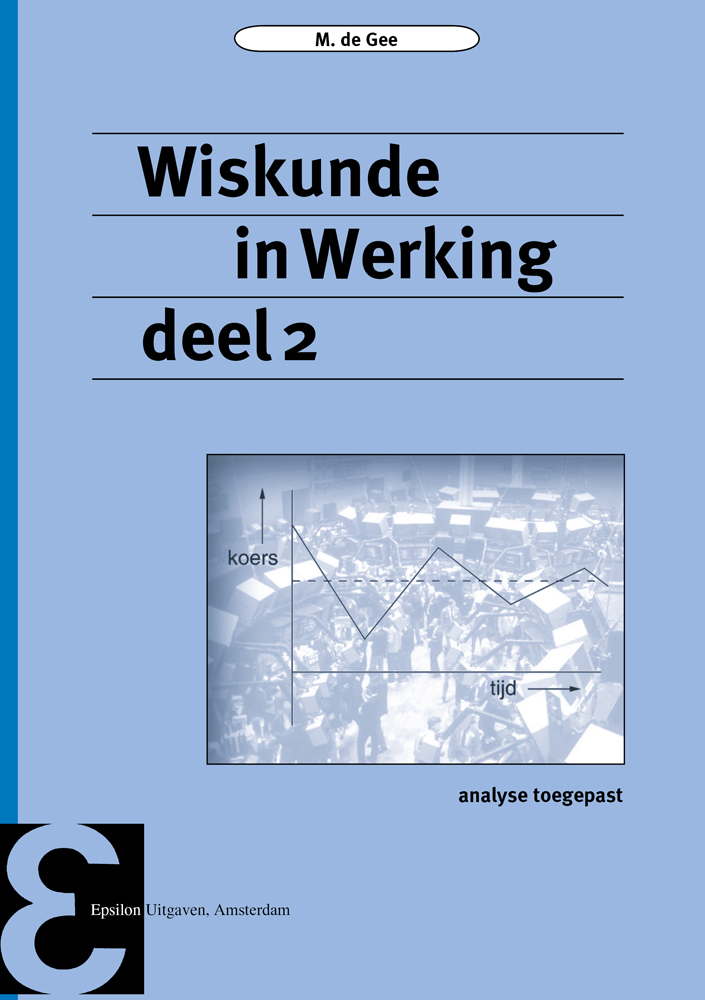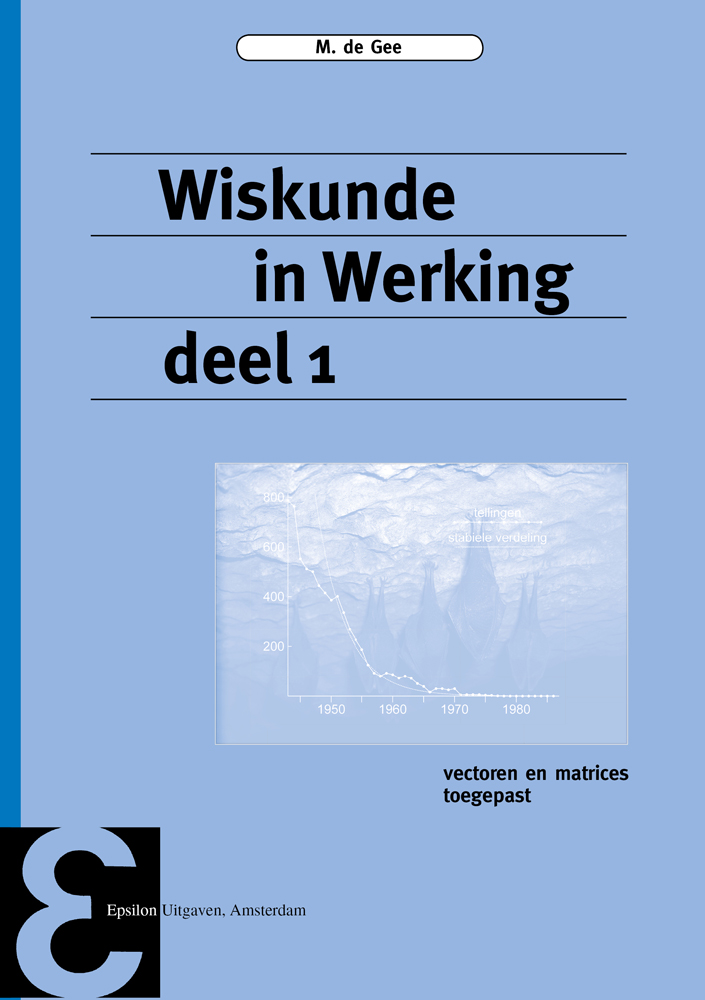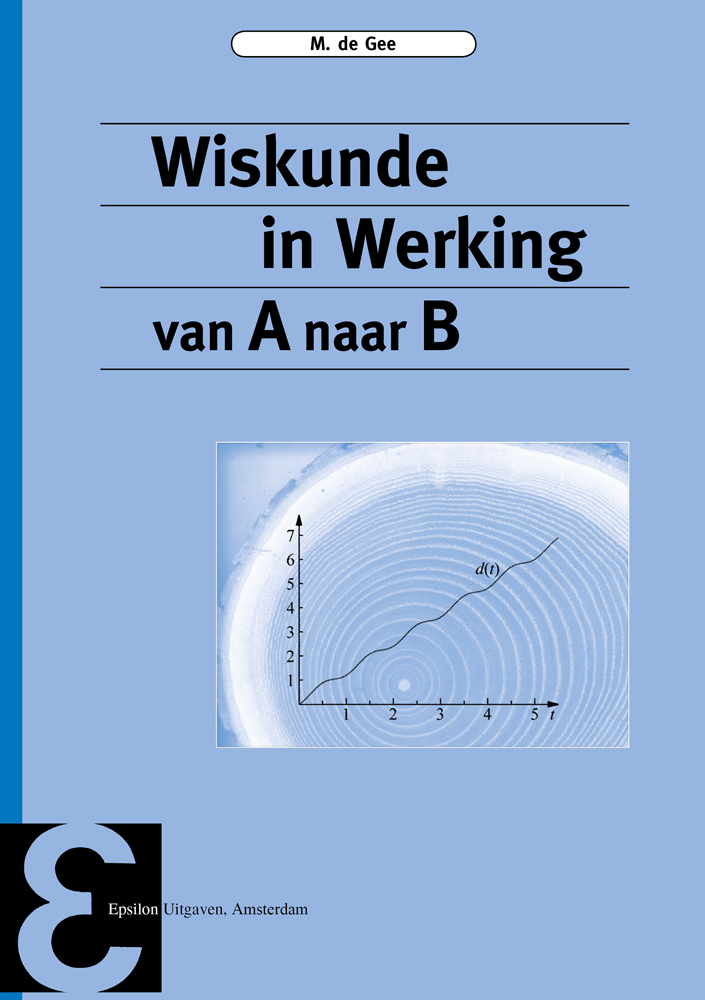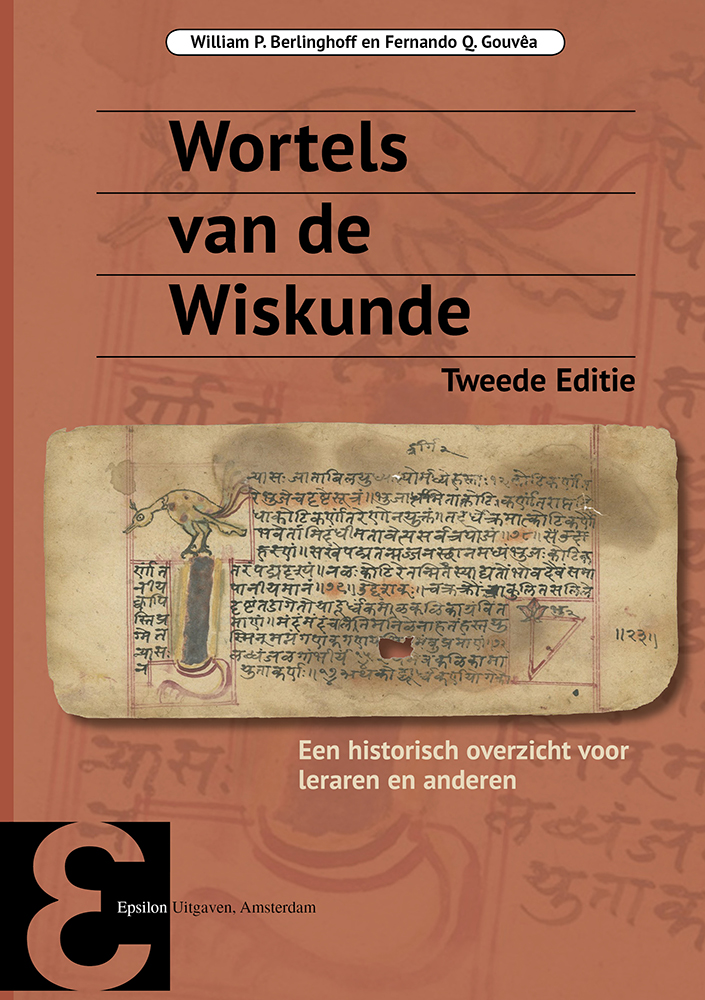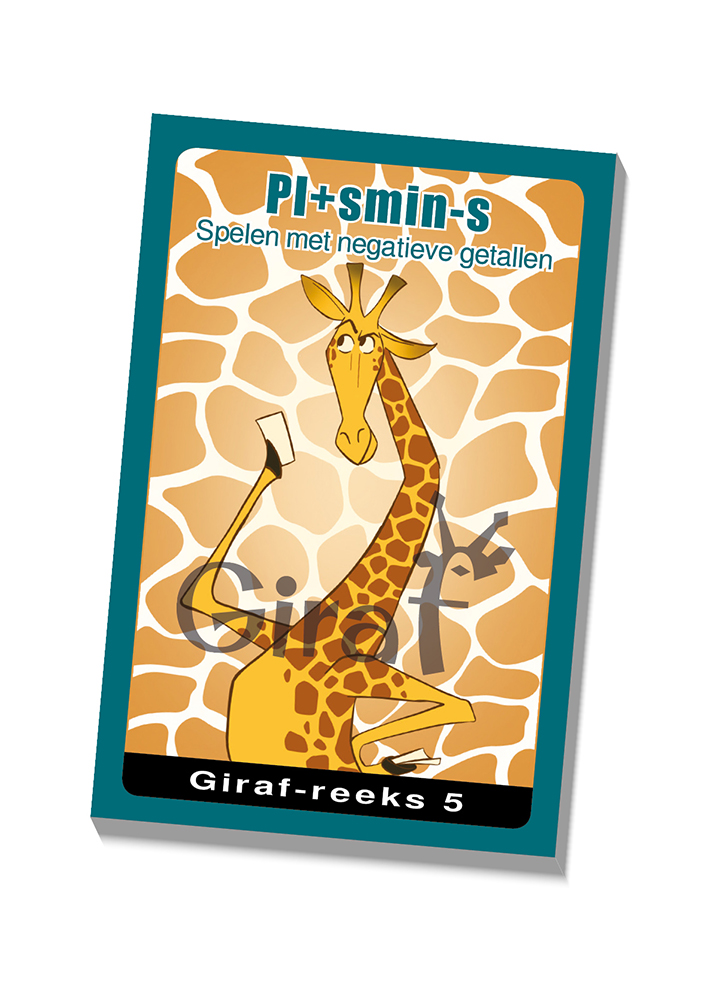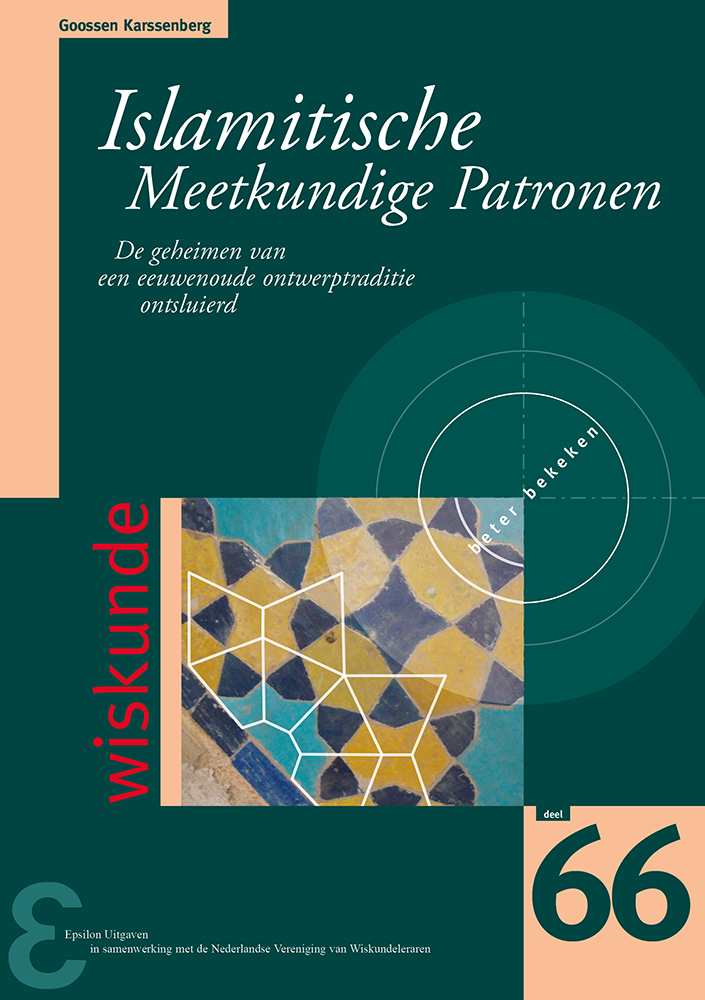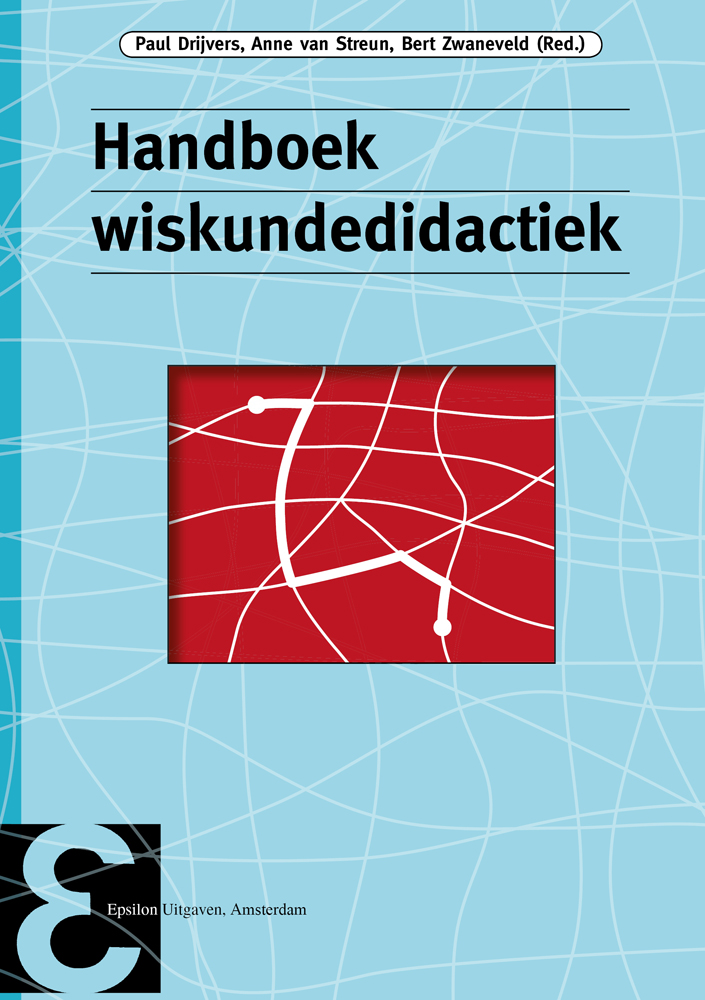Mathematics that Works volume 1
Introduction to Calculus
Maarten de Gee
€ 35,-
incl. 9% BTW
This first volume of Mathematics that Works treats the basics of ’calculus’, that is the branch of mathematics that deals with functions, differentiation and integration. Although many readers will have some prior knowledge and skills regarding functions and differentiation, integration is new for most of them. In this text, differentiation and integration are interspersed among the discussion on the standard functions. In this way, the student has more time to digest these topics, which makes the text suited for a short course focussing on practical skills. Studying concrete examples and doing many exercises are key to success.
This volume is an extended version of the Dutch Wiskunde in Werking van A naar B.
Deel: Epsilon Uitgaven 90 | ISBN: 9789050411677 | Druk: 3, 2022 | Aantal pagina’s: 314 | Onderwerp: analyse, toepassingen van de wiskunde | Doelgroep: studenten universiteit
Maarten de Gee works in a group of applied mathematicians and statisticians at Wageningen University. Their mathematical research includes systems biology, food physics, weather- and climate models, hydrology and population dynamics.
0. Prerequisites
1. Polynomials and power functions
2. Differentiation and antidifferentiation
3. Exponential functions and logarithms
4. Differentiation and integration
5. Trigonometric functions
6. More about differentiation and integration
Meer informatie
From ancient times, mathematics has developed side-by-side with physics; only in the last two hundred years they came apart as different branches of science. Extensive use of mathematics in other sciences, such as biology, chemistry, economics, pharmacology, environmental and social sciences is even more recent. Nowadays, knowledge of mathematical techniques is indispensable also for students and researchers in these fields. The series of textbooks ’Mathematics that Works’ presents mathematical methods with a sharp focus on applicability. There is an ample supply of worded-out examples and instructive exercises. The techniques are illustrated in applications from various branches of science; here, the connection between the mathematical method and the application is equally important as the mathematics itself. Thus the way the students digest the matter is aimed at practical usability within their own field, and skills take priority over the mathematical abstraction level. By connecting mathematics to its applications the usage of mathematics in the applied sciences is facilitated.

